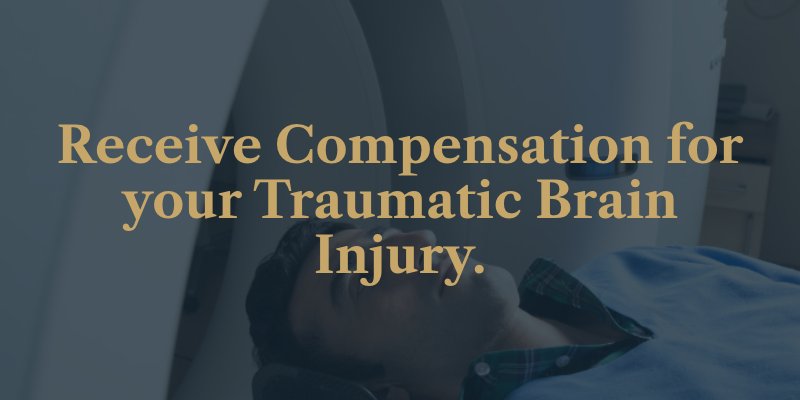A traumatic brain injury (TBI) is one of the most serious injuries a person can experience. These injuries happen when you suffer a violent blow or jolt to the head, or when an object penetrates the skull. When you sustain a TBI, you can suffer from temporary and sometimes permanent complications or even death.
If you experience a head injury, it is critical to seek medical attention right away, even if you do not feel any symptoms. Here is everything you need to know about traumatic brain injuries—and how to pursue legal action against the person responsible.
What Are the Common Causes of TBI?
Traumatic brain damage is usually caused when you suffer significant force to the head or body. These injuries can range from mild to severe, depending on the force that you suffered and the nature of the accident. Some of the most common causes of TBI include falls, motor vehicle accidents, assaults, gunshot wounds, and sports injuries.
Symptoms of a Brain Injury
TBIs can result in a range of physical, sensory, and psychological complications. In many cases, these symptoms do not appear for a few days or even weeks after the traumatic event. In others, the symptoms are immediately obvious.
If you suffer a mild TBI, you may notice the following symptoms:
- Headache
- Nausea and vomiting
- Fatigue or drowsiness
- Sensitivity to light and sound
- Blurred vision
- Ringing in the ears
- Speech problems
- Dizziness
- Loss of balance
- Feeling dazed, confused, or disoriented
- Changes in mood, sleep, and emotions
- Loss of consciousness for a few seconds or minutes
Moderate to severe TBIs can cause all of the above symptoms, plus the following:
- Prolonged loss of consciousness for minutes or hours
- A persistent, worsening headache
- Repeated vomiting or nausea
- Clear fluids draining from the nose or ears
- Inability to awaken from sleep
- Convulsions or seizures
- Profound confusion
- Agitation and unusual behavior
- Slurred speech
- Weakness in the extremities
Treatment Options for a TBI
Treatment for TBI depends on the severity of the injury. If you suffer a mild head injury, you may not require any treatment outside of rest, avoiding strenuous activities, and over-the-counter medications. You can return to your normal routine at a gradual pace, on the advice of your doctor.
If you suffer a moderate to severe TBI, your doctor’s first course of action will be to provide immediate emergency care. Your medical team will focus on stabilizing your condition, preventing further injury to the brain, and minimizing secondary damage caused by inflammation, bleeding, or oxygen deprivation.
Once your condition is stabilized, your doctor will assess the extent of the damage and recommend the best care for your condition. Depending on the severity of your TBI, you may undergo surgery, receive medication, and work with the following rehabilitation specialists:
- Physical therapists
- Speech and language therapists
- Occupational therapists
- Neuropsychologists
- Vocational counselors
- Physiatrists
- Social workers
- Recreational therapists

What to Do If You Suffered a Brain Injury
Brain injuries can affect all aspects of your life, from your physical health to your financial situation and emotional well-being. If someone else caused your TBI, you deserve justice—and depending on your situation, you could file a lawsuit or insurance claim against the responsible party.
After the accident, seek medical attention as soon as possible. Then, contact a Texas brain injury attorney to discuss your legal options and plan your next steps.

